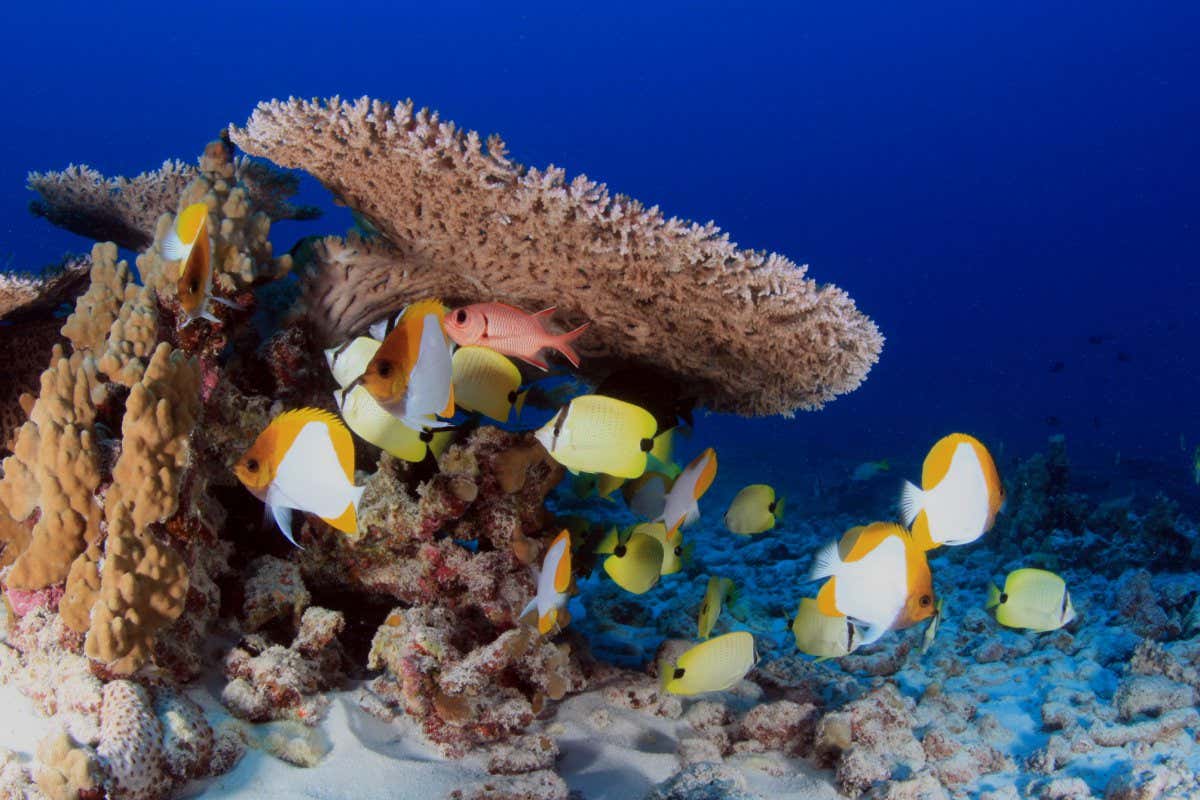[ad_1]
As a nerdy, nature-loving kid growing up in France, Barbara Belvisi daydreamed about life on other planets: giant domes filled with lush plants and exotic flowers like the ones she’d painted on her bedroom walls. But adult life beckoned: She studied finance and business and built a career investing in “deep tech”—VC speak for companies whose progress relies on innovations in science or engineering.
In 2014, she cofounded Hardware Club, an investment firm dedicated to physical, connected products and robotics. Now, she’s realizing her childhood fantasies as the founder and CEO of Interstellar Lab—which has set itself the ambitious goal of building inflatable pods that can support life on other planets. “I had to learn a lot about aerospace, life support, agriculture, and architecture to start this one,” she says.
Belvisi says the company, which she founded in 2018, aims to “create the perfect climatic and atmospheric conditions for life”—whether that’s on Earth, in orbit, or on the surface of other worlds. The purpose isn’t just to support that billionaire-beloved goal of becoming a “multi-planetary” species—it’s also to improve things here on Earth. Belvisi says the technology her company is developing could tackle issues like food scarcity and habitat loss.
Photograph: Intersteller Lab
Interstellar Lab’s first product is BioPod—an inflatable dome where temperature, humidity, and the oxygen and carbon dioxide content of the air can be carefully monitored and controlled. With its all-white exterior and transparent roof, it looks like a shrunk-down version of the Eden Project—or something plucked straight from the pages of 1970s science fiction. “It’s a super-advanced autonomous greenhouse,” says Belvisi.
The terrestrial version of BioPod consists of a composite base, like the hull of a boat, which is filled with electronic and hydraulic equipment for controlling the environment. Inside, it’s equipped with hydroponic or aquaponic equipment for growing plants without soil. It recycles water, and sunlight filters in through the transparent membrane. A liquid fertilizer spray, tailored to the specific plants being grown, provides nutrients. An algorithm monitors and tweaks the conditions to optimize plant growth.
Interstellar Lab is currently working on a full-scale prototype, which it’s building at its warehouse near Paris. It’s also running tests with rare, difficult-to-grow plants like Madagascan vanilla. By recreating its natural environment in a sealed enclosure, growers can cultivate the plant closer to where it’s needed, rather than harvesting the pods and shipping them across the world in potentially unsustainable ways.
The company claims BioPod can reduce water use by 98 percent, cut energy needs by a factor of 20, and improve yields. Its Earth-based preorders—and there have been dozens of them—have come from food suppliers, cosmetics companies, and pharma firms whose supply chains are under increasing pressure.
[ad_2]
Source link




